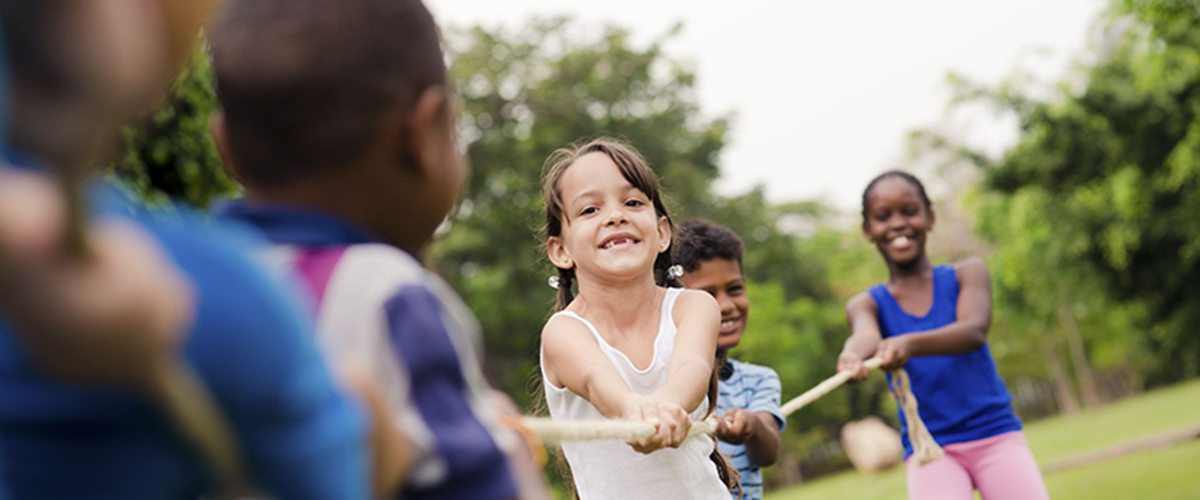
4 Must-Read Tips for Helping Your Child Build Positive Social Skills
Learning how to get along with others, as well as express and manage feelings, are important life skills. They can help a child develop confidence in his or herself and determine how they fit into the world around them.
Here are four tips that may be useful in helping your child develop strong social and emotional skills:
1. Consistency and Support Are Key When Promoting Positive Behavior
Kelly is the mother of a young boy, who learned the importance of consistency firsthand through some trial-and-error. She recently put some house rules in place that have been making all the difference.
“It’s easier for my son to meet my expectations when they are consistent,” she tells Babble. “Letting him know I notice his good behavior makes him want to do well.”
Parents should also model the type of behavior they want their child to exhibit. When your child needs to calm down, support him or her by helping them find a quiet place or playing some calming music.
2. Relationship Building Is Important
Amaya, who has two twin girls, said that spending even five or ten minutes alone daily with each child is helpful.
“Having one-on-one time with me shows my girls that I love them and value their company,” Amaya shared.
Talk to your child about your friendships, and what makes a good friend, to help spark conversation. When you see people caring for each other, point it out to your child. It’s important to discuss uncaring behavior, too: talk about bullying so your child can recognize the signs and help prevent it.
3. Help Your Child Develop Decision-Making Skills
It’s just as important for your child to know you love them when they make mistakes as it is when they exhibit good behavior. Encouragement and guidance is often more effective than punishment. Discuss how to make safe and responsible decisions. A good first step is to teach your child to stop and think before acting. If you see your child about to make a bad decision, help them stop and walk through making a decision. Ask what they could do differently. Encourage them to think about their motivations. Recognize that peer pressure is powerful and may lead your child to do something they know isn’t right.
4. Discuss Your Child’s Feelings Openly
Ask your child what they are feeling, listen non-judgmentally, and offer your support and help. Most children will be more trusting if they know you respect their feelings.
“I let my son tell me how he feels, and then I check in to make sure I am hearing him,” said Sasha. “If I’m not sure of his emotions, I ask. I might say, ‘It sounds like you’re excited but a little nervous about this. Is that right?’”
As a parent, you are your child’s first teacher, and have the ability to strongly influence healthy social and emotional development. Age-appropriate conversations will help your child build their skills.
For more early childhood resources, check out PACER.org/ec.
